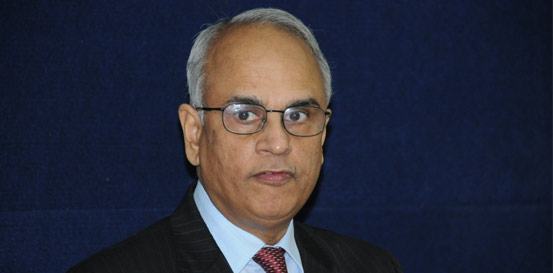You are here

Dr. Arvind Gupta, Lal Bahadur Shastri Chair, IDSA, welcomed the delegates and highlighted the common ideas that India and Africa shared against colonialism and apartheid. Gupta elaborated upon the importance of Africa for India and the importance of forging strong economic, political, strategic and cultural ties between the two. He stated that there are a number of common issues of concern for both India and Africa to act together, such as, piracy, terrorism, crime, and climate change. He also emphasized that both India and Africa should look beyond state-to-state contacts and establish people-to-people contacts between themselves. Gupta also reiterated IDSA’s commitment to continue to hold many such bilateral dialogues to further strengthen the India-Africa relations.
The inaugural address was made by Mr. M. Ganapathi, Secretary (West), Ministry of External Affairs, Government of India. Ganapathi was of the opinion that India - Africa Strategic Dialogue was particularly important as the coming decades of the 21st century belong to the Indian Ocean Region and Africa. He highlighted India’s effort to engage with the African nations on issues relating global security, especially piracy and terrorism on the Somalian coast. Ganapathi also highlighted the historical ties between India and Africa. India’s support for the African countries against colonialism and apartheid is well-acknowledged by the African countries. The role of Mahatma Gandhi against racial discrimination would continue to strengthen India-Africa relations for years to come. The very foundation of India-Africa ties is based on mutual equality, mutual trust and mutual benefit. Ganapathi further stated that India continues to strengthen its relations with Africa by boosting trade and commerce, building infrastructure and offering scholarships to African students. India has recently extended a line of credit for the Ethiopia-Djibouti rail link.
Report prepared by Anshuman Behera, Research Assistant, Institute for Defence Studies and Analyses, New Delhi
